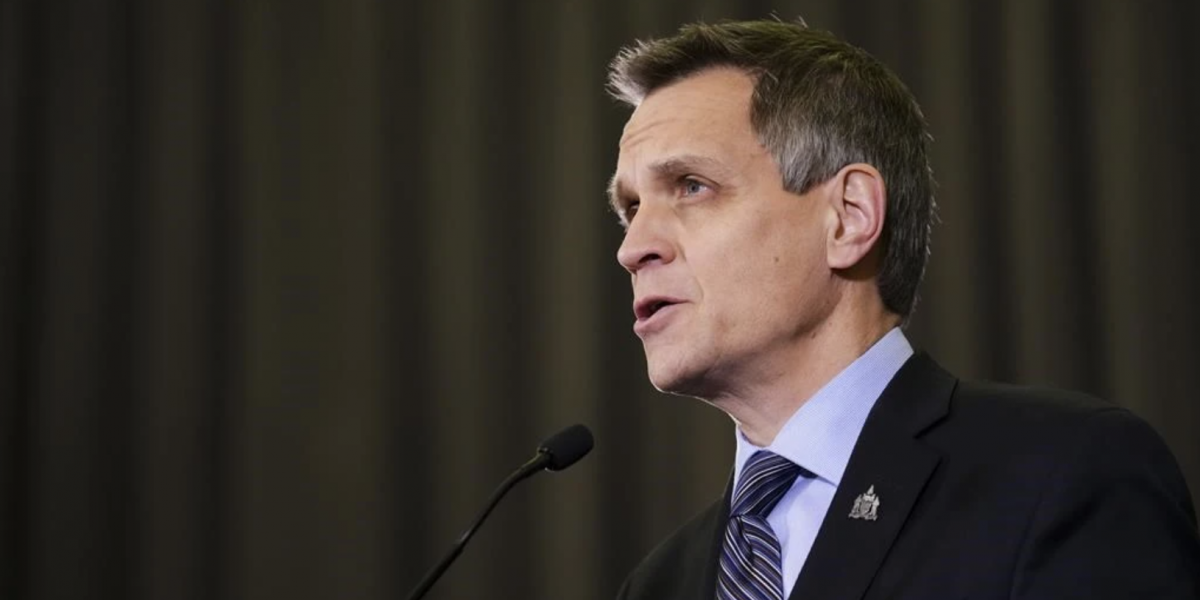Newly elected mayor of Ottawa, Mark Sutcliffe tabled his first draft budget earlier this month giving residents a first look at how the next four years might look like. From his $47 million “efficiency” to the public transit capital budget to his property tax cut, a thorough read through the 2023 budget document should make it clear that his priority lies in finding “efficiencies” above all else. But not for everything however.
For Sutcliffe, just like Watson and O’Brien before him, his austerity is selective. While transit gets a cut, and the affordable housing budget continues to stagnate, police get a whopping $400 million, and spending on road widening projects are up by 30 percent.
Myths of privatization
This selective austerity is not the only feature of Sutcliffe’s fiscal vision however. One of the most concerning proposals is the creation of a working group whose purpose is to review city services for their potential to be contracted-out and privatized. This three person committee would be composed of the mayor, the chair of audit committee Coun. Cathy Curry, and one member at large. They would be charged with assessing all services provided by the city of Ottawa to assess their candidacy for privatization.
Claims have been made that potential privatization would help to cut costs by finding ‘efficiencies’ in public services. However there is a wide body of evidence to show that hidden costs of privatization often result in an even larger bill for the city. These hidden costs include the cost of monitoring private contractors, enforcing city standards and litigating contract breaches. This is exactly what happened with the city’s LRT contract as well Lansdowne and other city amenities like the Ray Friel Complex in Orleans in which poor oversight and cost cutting saddled the city with millions in extra costs and in the case of the LRT left us with a public transit system that fails to meet the needs of the community.
Profits don’t care
Our new mayor says that the city is not aiming to make ‘service level cuts’ however it is clear from historical privatization partnerships how profit impacts the quality of service. Private corporations seek to make profit by any means necessary and that includes eroding the quality of service through lowering wages and cutting jobs. Not only does this disproportionately hurt low-wage and marginalized workers but it leads to high turnover resulting in less experienced workforces and more mistakes.
The LRT again provides prime evidence of how private cost-cutting can result in huge safety risks for the public. After failing to meet winter testing standards Rideau Transit Group plowed ahead with their proposed model resulting in multiple train derailments and months of closure. Provincially, we saw the devastating effects privatization had on the long-term care industry. Private equity long-term care homes had the highest mortality rate during COVID-19 resulting in tens of thousands of avoidable deaths.
Privatization additionally results in less oversight and transparency which can lead to corruption. When Alberta privatized its motor vehicle license and registration system, private registries were repeatedly caught accepting bribes in exchange for false certifications.
New mayor, old playbook
This playbook isn’t new. In Toronto, Mayor Rob Ford completed a similar ‘core services review’ in 2011 which resulted in a similar push for privatization of services and major service cuts to things like transit, daycare subsidies and affordable housing. While he succeeded in privatizing garbage disposal in some regions, the savings for the city were not as advertised since stipulations in the contract had Green For Life charging by weight of waste rather than a standard price. Later under the Tory mayorship, garbage worker unions fought hard against privatization, knowing that ‘savings’ would only come at the costs of cutting workers wages and decreasing job security.
Ottawans make their voices heard
Sutcliffe has reported that the system will include a “strong challenge function by volunteer industry experts from external public and private organizations”. But how will volunteer community members make sure their voices are heard when private lobbyists allocate millions yearly into swaying council? Ottawa residents will need to band together and get organized to send a message that Sutcliffe can’t ignore: Many residents may have voted for Sutcliffe – but they didn’t vote for service cuts and privatization.
Did you like this article? Help us produce more like it by donating $1, $2, or $5. Donate

